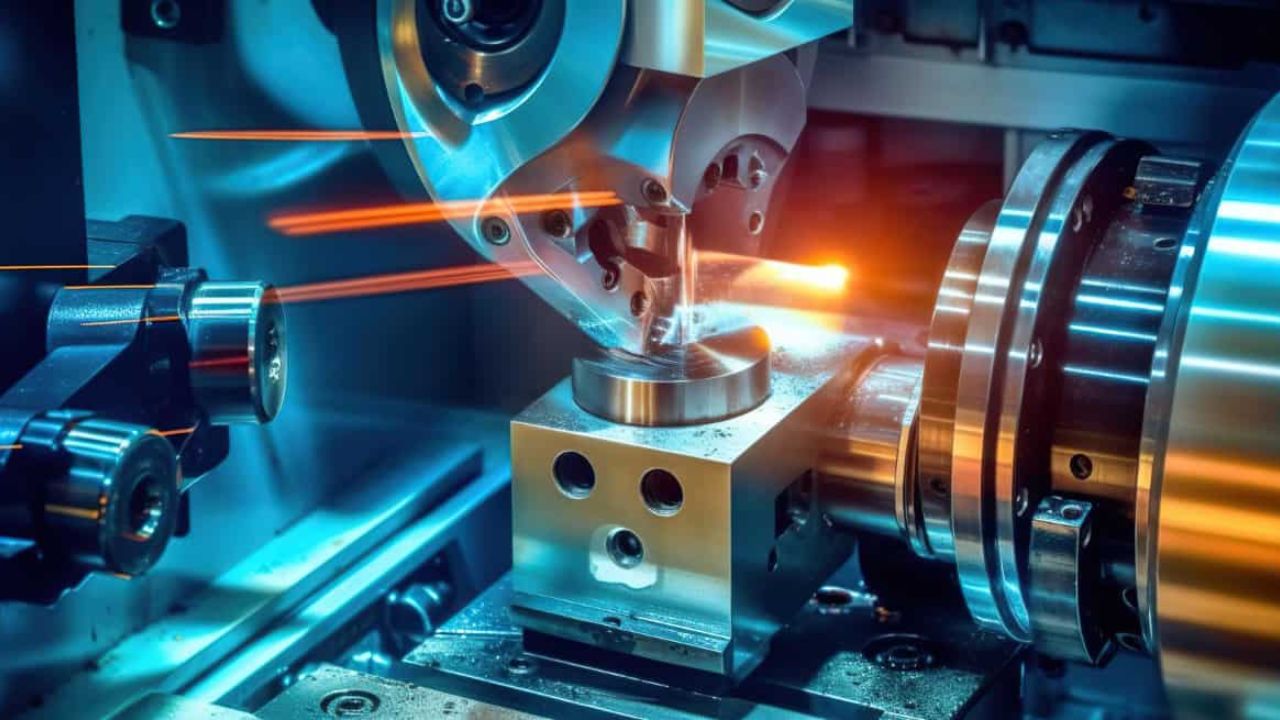Here is the importance of the precision machining process in the production of cutting tools. Since it determines the tools’ quality, productivity, and durability. This is a very selective process where material is cut from a workpiece with great precision and in some cases to a tolerance of a few microns. The goal is to obtain high precision and small allowable deviations, which allow for achieving the necessary parameters of the cutting tool for a specific task. To know more about the role of precision machining in manufacturing cutting tools mention here.
Precision as a Factor in Cutting Tool Function
There is a need to maintain high levels of accuracy in manufacturing cutting tools as even slight variations can cause a lot of issues when in use. Products applied in industries including aerospace, automotive, and metalworking need to be fast and function in severe environments. In case the cutting edges are not accurately sharpened, it leads to the production of rough cuts, faster tool wear, and therefore reduced tool durability. The tools that are made through precision machining are more efficient in their cutting ability, require minimal time to be replaced, and produce better quality products.
Improving Tool Life by Precision Machining
Another advantage that is associated with the use of precision machining in the production of cutting tools is the improvement of the tool life. High accuracy in machining guarantees that the cutting edges are sharp and are not micro-cracked or contain any other flaws that may cause the tool to fail. Because precision machining delivers the right geometries and edge finishes, it also increases the durability of the cutting tools. This makes it easy for the manufacturers to have long-lasting products that will not require frequent replacements hence cutting down their operational costs.
Techniques of Precision Machining and Technology
Today’s precision machining needs the usage of sophisticated tools like CNC (Computer Numerical Control) machines to get the right precision and standard deviation. These machines can create intricate tool shapes and the ability to do so with a high degree of accuracy and consistency so that each tool manufactured is to exact specifications. Applications like grinding, milling, and turning are common in the manufacturing of cutting tools for high-stress applications with acceptable cutting performance with the help of CNC technology.
Economic Implications of Precision in Cutting Tool Manufacturing
Precision machining is not only a way to enhance the quality and performance of cutting tools but also has great economic benefits. Thus, creating tools that work better, are more durable, helps to save money, minimize waste, and, therefore, increase profit. Also, the fact that using precision machining allows manufacturing to create tools with tight tolerances means that manufacturers can penetrate new markets that require high-quality tools and components.
Conclusion
In conclusion, it can be stated that precision machining plays a critical role in the cutting tool manufacturing process. Because it affects the tools’ performance, durability, and cost. It is therefore expected that as industries keep on calling for higher quality and efficiency, the need for precision in manufacturing cutting tools will go up. Thus, manufacturers can be sure that the cutting tools they use are of the best quality and offer numerous advantages to their customers due to the use of new and more effective technologies in precision machining.


